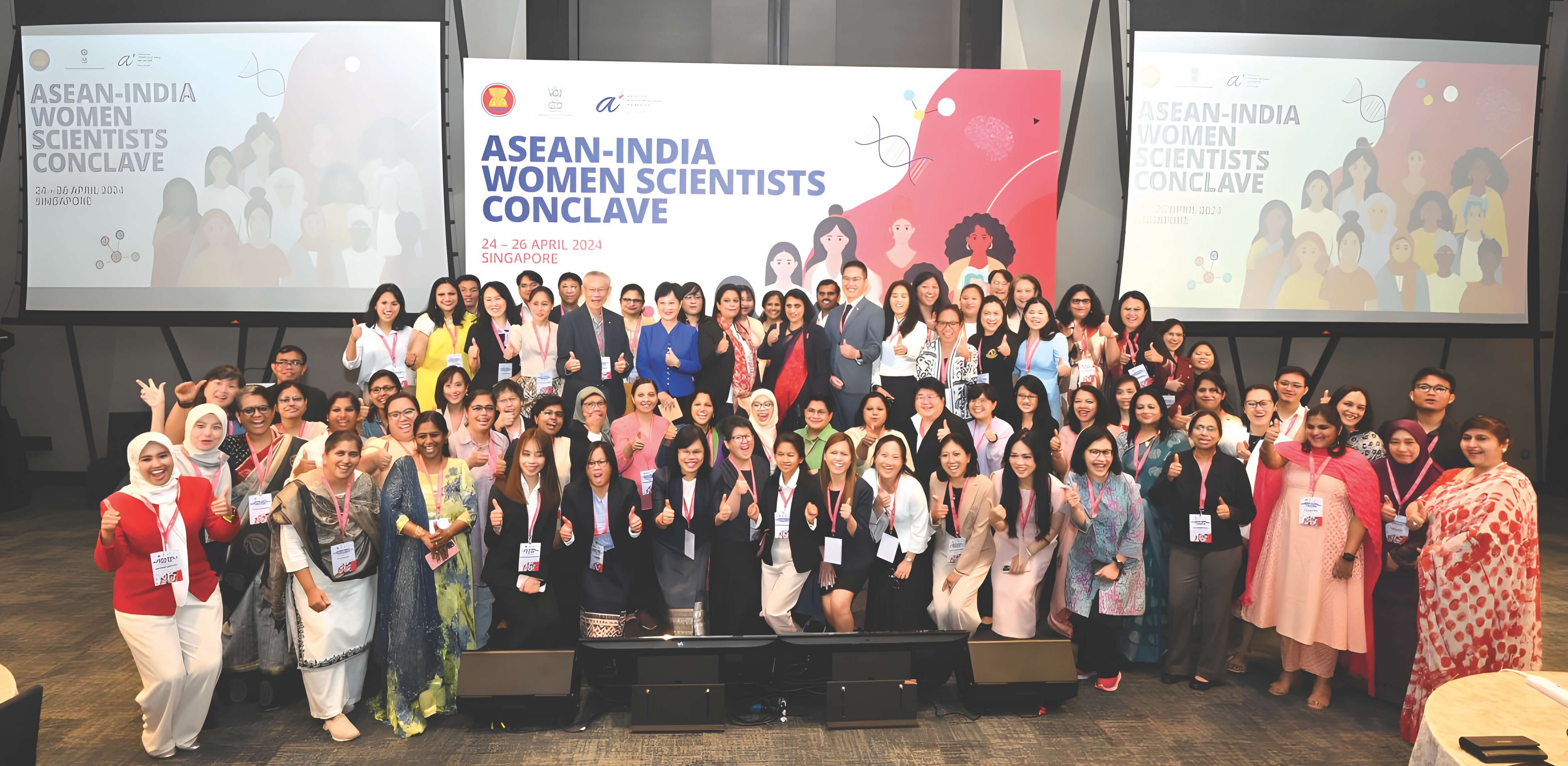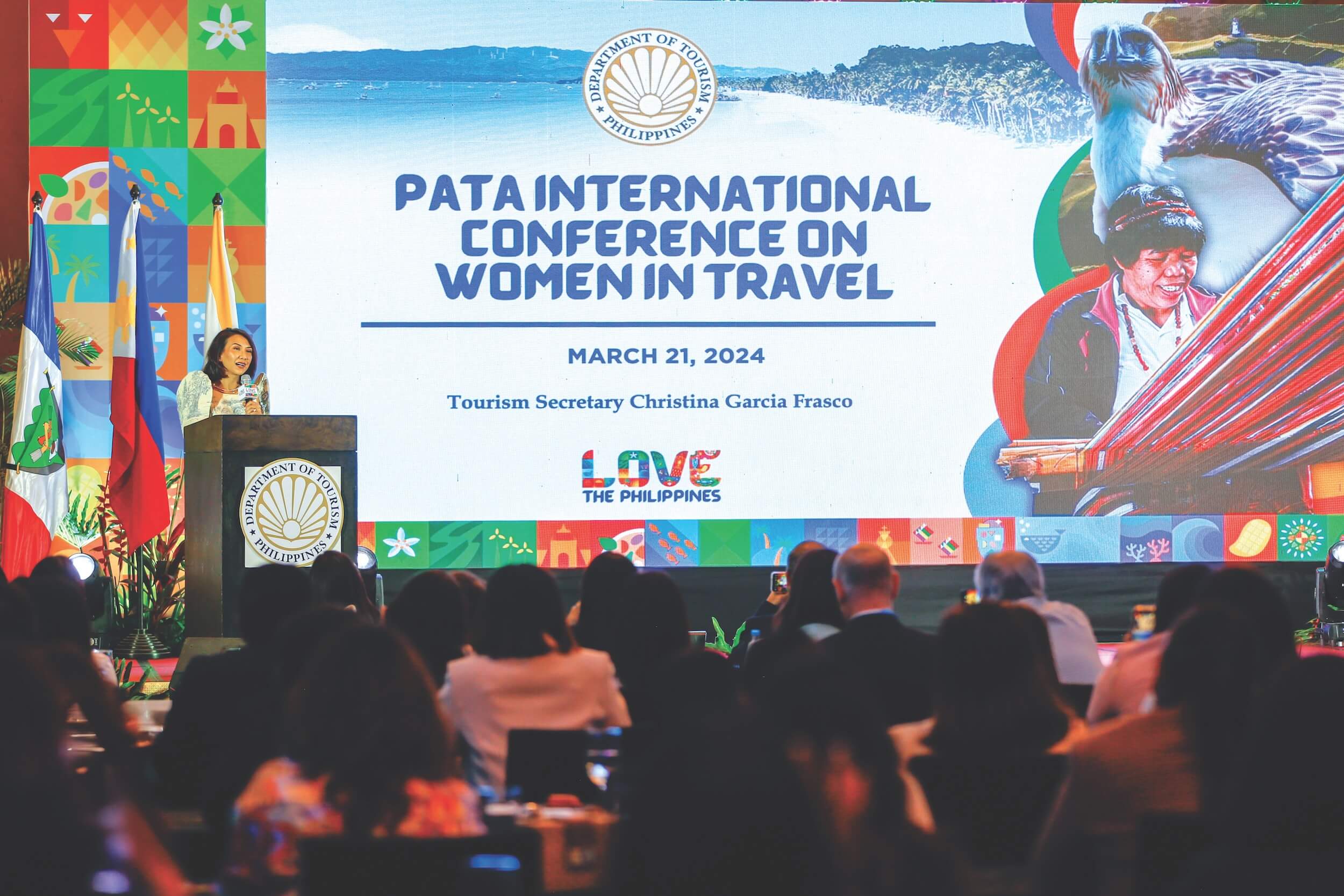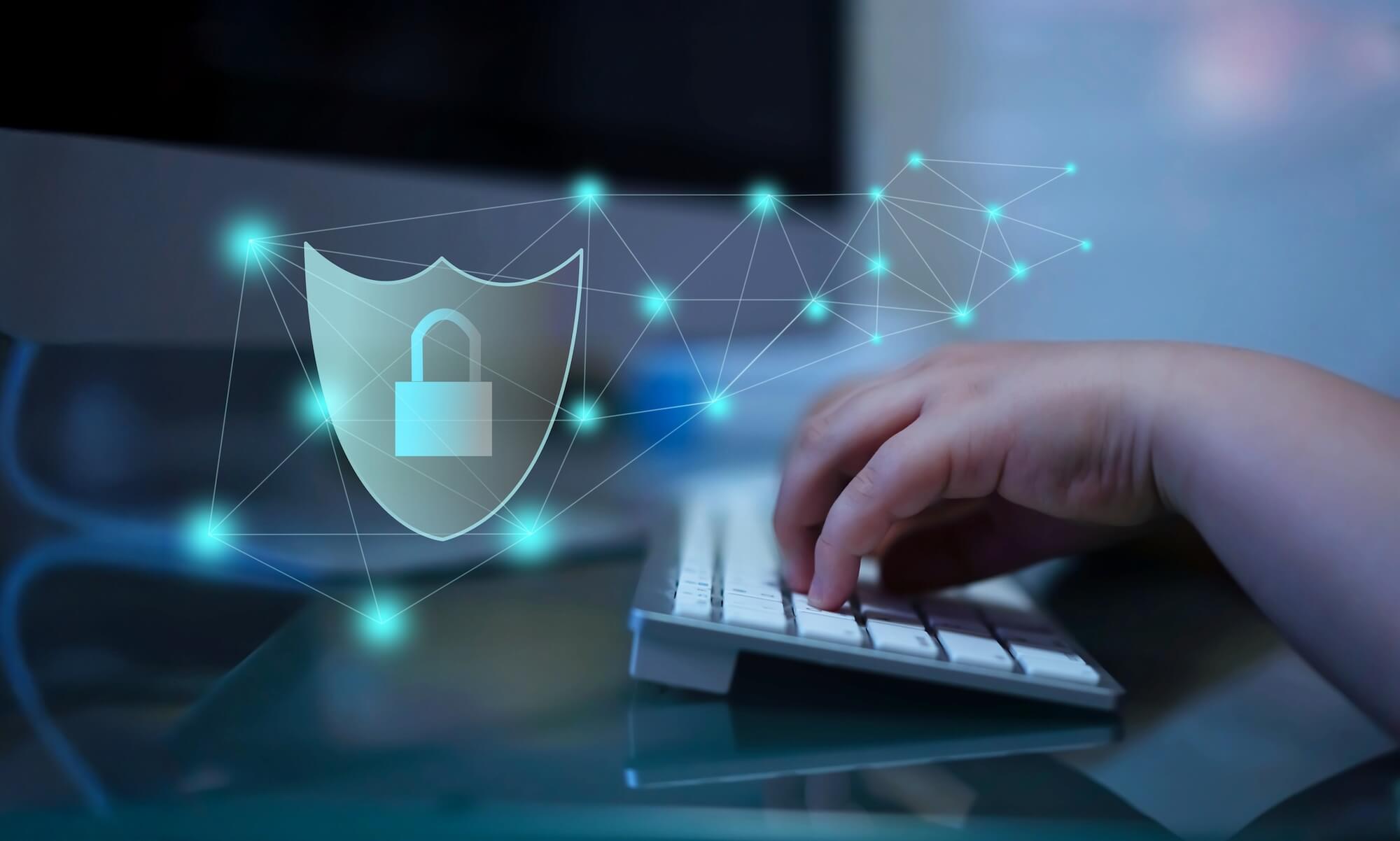



"Prevention is key to building a connected and resilient ASEAN. By connecting people from diverse backgrounds and promoting open dialogues, we foster mutual understanding and respect. This inclusive approach strengthens social cohesion and builds a more resilient ASEAN, capable of preventing conflicts."
Mr. Khamphou Phiasackha
Chair of the Senior Officials Committee for the ASEAN Socio-Cultural Community (SOCA)
ASEAN Culture of Prevention
In 2017, ASEAN adopted the Declaration on the Culture of Prevention for a Peaceful, Inclusive, Resilient, Healthy and Harmonious Society. The ASEAN Culture of Prevention (CoP) supports measures and approaches across ASEAN Pillars, Sectoral Bodies, and ASEAN Member States to anticipate risks and foster an environment where harm can be avoided. At its core, CoP fosters resilience, responsibility, and proactive decision-making.
CoP supports proactive and sustainable measures across public health, education, the environment, and crime prevention rather than reactive measures. In education, for example, preventive strategies can provide young people with tools to make informed choices early. Under CoP principles, students, schools, communities, and families can work together to cultivate an environment that supports problem-solving and critical thinking to prevent risky behaviour among youth, such as substance abuse and violence.
Case studies on CoP in action
ASEAN is making progress in implementing the Declaration on the Culture of Prevention. Still, there has been little documented evidence of the benefits of the CoP approach to inform ASEAN policymakers. To address this, the ASEAN Working Group on Culture of Prevention (ASEAN-WG on CoP) has worked in partnership with Australia to support a study by Child Frontiers on efforts to prevent children from being sexually abused and harmed online.
By showcasing practical examples of the CoP in action, the study aims to inspire ASEAN and ASEAN Member States to move beyond merely endorsing of CoP principles to supporting CoP’s implementation. The study also suggests valuable approaches to address and prevent online sexual abuse and exploitation of children.
As online sexual abuse and exploitation of children is a serious rights violation that causes significant harm to children, adopting a prevention approach is essential. While the internet provides many benefits for children, it can also potentially be a hazardous space. Efforts to ensure that children are safe and protected are critical to prevent their exposure to harm, including online sexual abuse and exploitation.
The study examined two projects in the Philippines that aim to deter and combat online sexual abuse and exploitation of children: SaferKidsPH and CyberSafe. The projects were also chosen as the Philippines has a relatively advanced legislative framework and experience in preventing and addressing online sexual abuse and exploitation of children in the ASEAN region.
The SaferKidsPH project collaborates closely with the Philippine government, non-government organisations (NGOs), and communities by using a child protection systems framework to guide its initiatives. It raises public awareness about online safety, strengthens law enforcement capabilities, and advocates for stronger child protection policies. Local government officials and local NGOs are also engaged in designing and providing comprehensive support services for children and families vulnerable to and affected by online sexual abuse and exploitation of children, such as psychological counselling and legal assistance.
Meanwhile, the CyberSafe project led by the Stairway Foundation and the Department of Education promotes online safety and digital literacy. It builds on the premise that education is an important preventive strategy. Through collaboration between government agencies, educational institutions, private sector and NGOs, the project builds instructional materials, education tools, and teaching resources that help students, teachers, parents, and school communities support children to navigate the digital world responsibly and securely.
The case studies provided clear evidence that prevention efforts involving multi-stakeholder approaches are effective in addressing online sexual abuse and exploitation of children in the Philippines.
An effective culture of prevention relies on collaboration between all relevant stakeholders, including policymakers, law enforcement agencies, social media platforms, schools, and communities. Governments enact legal frameworks against online sexual abuse and exploitation of children. Tech and social media companies implement safeguards to protect children online from harmful content. Schools and families have important roles in explaining risks and mitigation strategies to children. By working together, these stakeholders ensure that preventive measures have the best chance of protecting children.
The study also highlighted the importance of involving communities, including parents and children themselves, in the design of programmes. By mobilising communities through SaferKidsPH’s public awareness campaign, parents have shown a greater understanding of their responsibilities in monitoring, guiding, and protecting their children online. Meanwhile, the CyberSafe project has worked closely with children in crafting age-appropriate online safety messages and materials that consider the nuances of children’s online experiences.
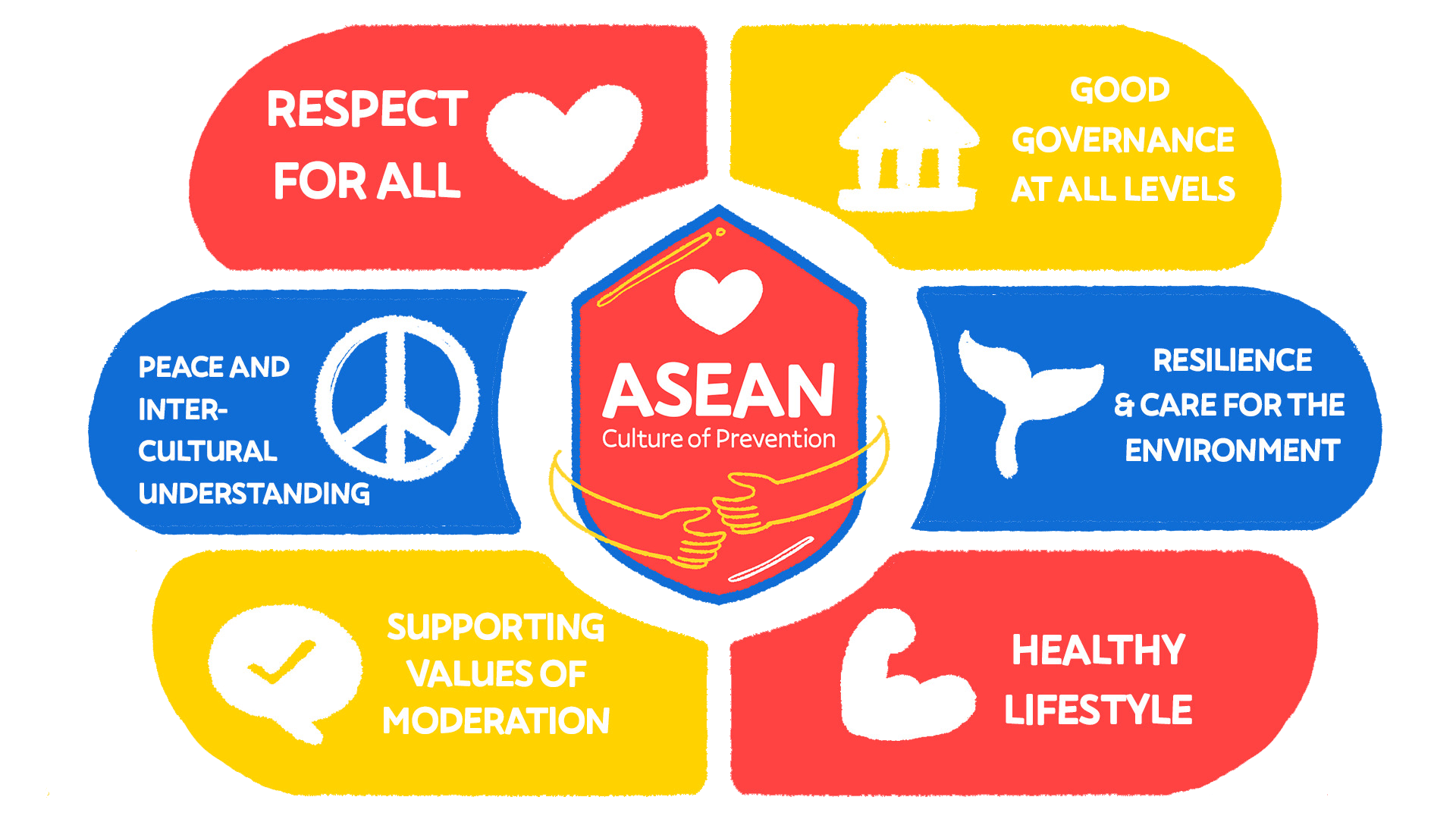
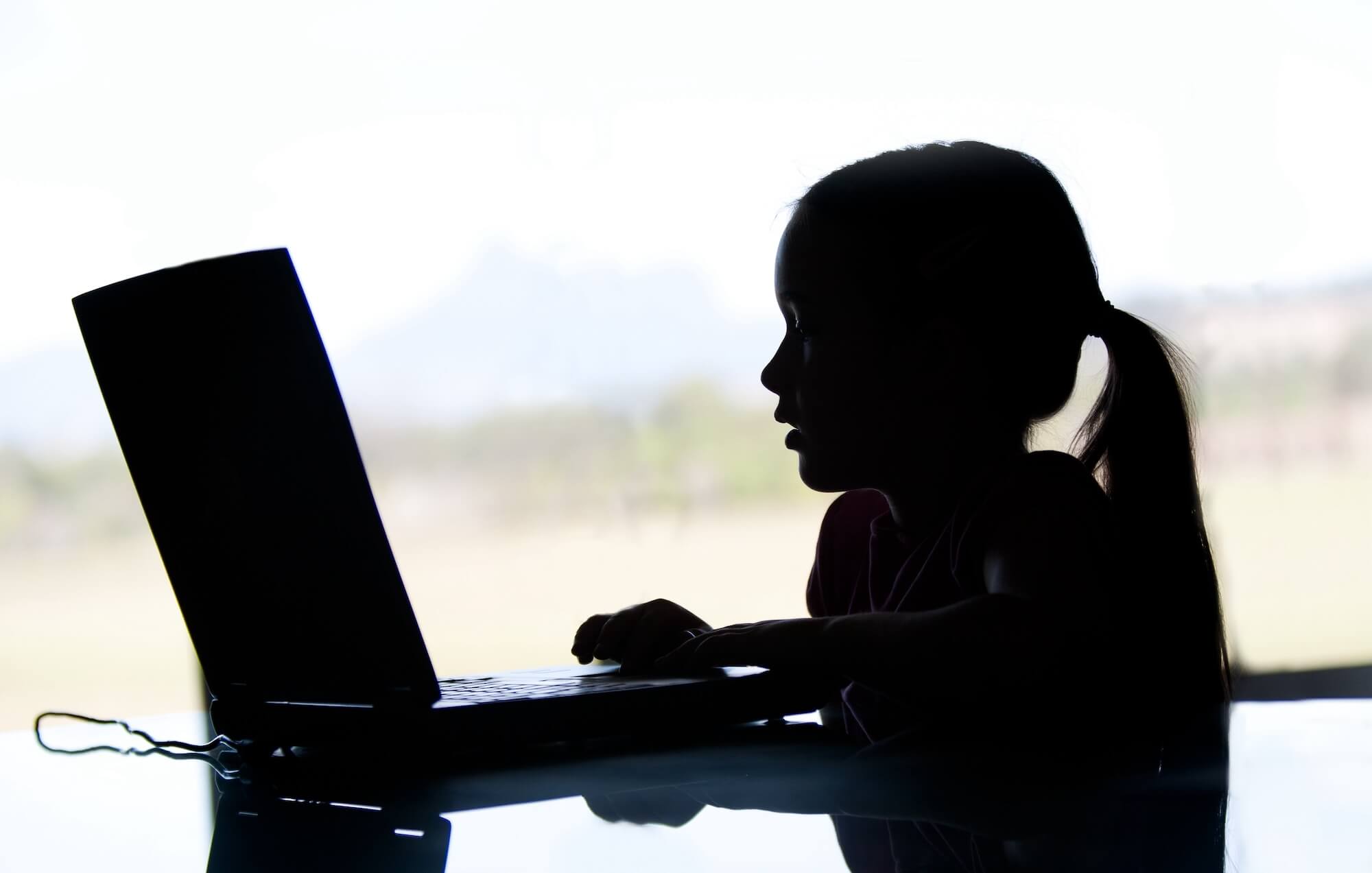
Australian support for ASEAN CoP
ASEAN and Australia share the common goal of addressing online sexual abuse and exploitation of children. As ASEAN’s first Dialogue Partner, Australia is committed to working with ASEAN and our international partners to protect children online.
Australia has continued to strengthen its relationship with ASEAN, establishing a Comprehensive Strategic Partnership in 2021. Australia will continue to work with ASEAN to address shared challenges across the three ASEAN Community Pillars.
Through the ASEAN-Australia Political Security Partnership (APSP), Australia has supported ASEAN in promoting the CoP, both through the development of these case studies and by supporting the ASEAN Commission on the Promotion and Protection of the Rights of Women and Children (ACWC) in its implementation of the regional dialogue “Racing against the Clock: Pushing Forward with Child Online Protection in the ASEAN Region” on 26-27 September 2023 in Jakarta, Indonesia.
The study was conducted by Ms. Vimala Crispin, Deputy Director of Child Frontiers, with funding from the Australian Government’s Department of Foreign Affairs and Trade through the ASEAN-Australia Political-Security Partnership, implemented by The Asia Foundation.
The Mission wishes to thank all those who have contributed to the success of this study.
For more information on the projects, please visit:
The views and opinions expressed in this article are solely those of the authors and do not reflect the official policy or position of ASEAN.




